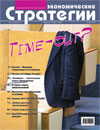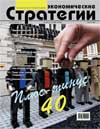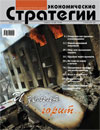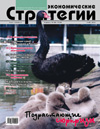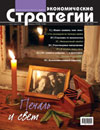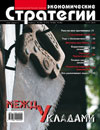Progress Against Tradition. A Brief Course of 20th Century Russian History For Top Management
The socialist camp headed by the Soviet Union did not appear as a relapse of the world revolution, but as a defensive reaction of Moscow after theoretical errors of the Soviet leadership and hard resistance of the West.


